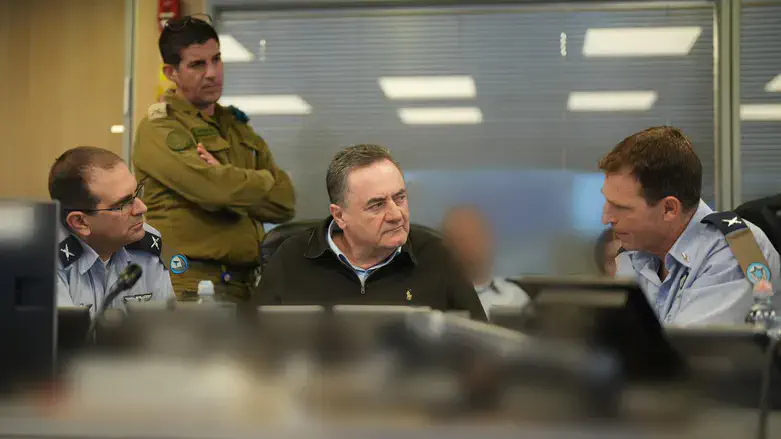
The main objective of the IDF bombings last night in Yemen was to shut down all three ports controlled by the Houthis.
The Air Force attacked targets in the port of Hodeidah and the capital Sana'a, approximately 2,000 km from Israel. The Houthis have launched about 200 ballistic missiles and 170 drones towards Israel since the war began. Most were intercepted, but some managed to penetrate Israeli airspace. In July, a drone from Yemen caused the death of Evgeny Freder in Tel Aviv.
According to a military source, the operation was planned within the Air Force for several weeks and was carried out regardless of the most recent Houthi missile attack, which was intercepted by the Arrow system during the bombings. One of the interceptors fell on a school in Ramat Efal, causing especially heavy damage - the main structure of the school collapsed.
The first wave of the attack began at 3:15 AM in the coastal area of Yemen, with the second following at 4:30 AM in Sana'a. Fourteen fighter jets, covering more than 1,700 km, participated, targeting the ports of Ras Issa, Hodeidah, and the Al-Salif port. In total, eight tugboats were attacked. In Sana'a, fuel tanks, oil, and a power station were targeted.
"The Houthis were arming themselves through these ports, and the timing of the operation was chosen for operational reasons. Regardless, we would have attacked tonight due to the recent spike in shelling, unrelated to the missile intercepted last night," said the IDF.
Al-Hadath reports significant damage in Yemen to the Haziz power station and the main power station in the capital Sana'a as a result of the Israeli strikes.
Mohammed Al-Bakhiti, a member of the Houthis' political bureau in Yemen, stated, "The American and Israeli attack on civilian facilities in Yemen, power stations, and ports exposes Western hypocrisy. Our military actions in support of Gaza will continue, escalation will be met with escalation until the genocide in Gaza stops and food, medicine, and fuel are allowed for its residents."